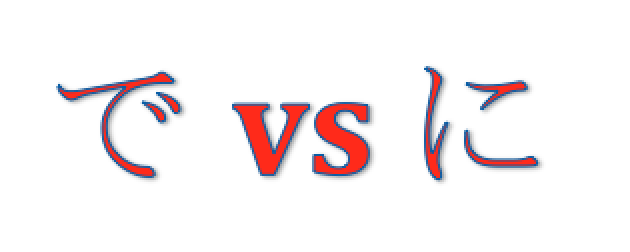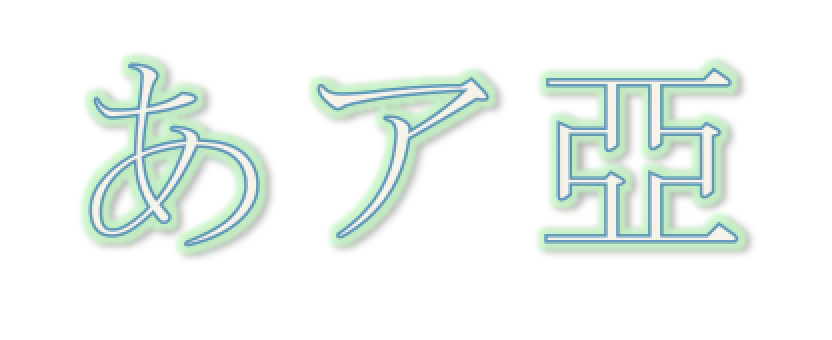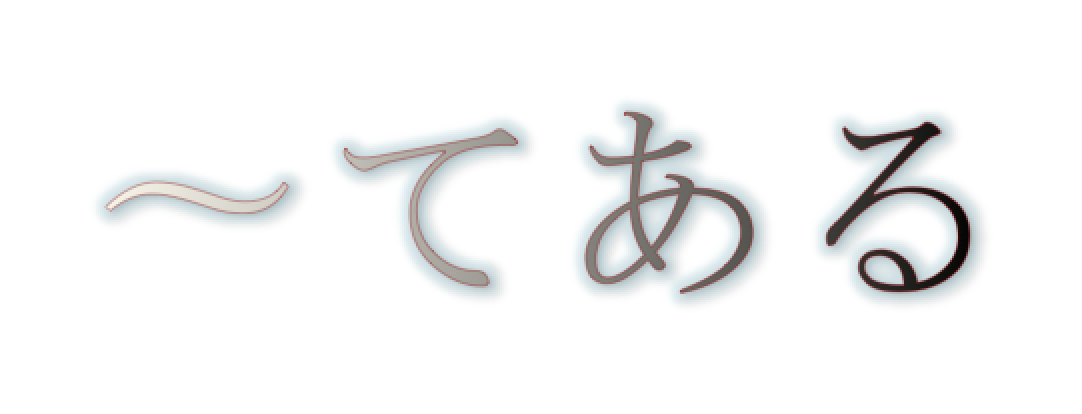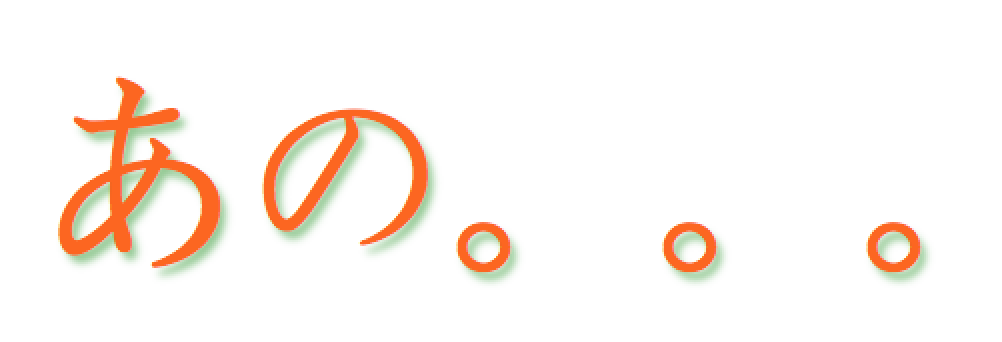Placing blame or fault in Japanese with せい (sei)
せい is a word in Japanese which can be used to express blame or fault. I’ll go over a few related uses of this word. 1) Explaining something occurred because of someone or something’s fault. This is similar to using (だ)から in the sense of ‘because’ except it usually has a negative connotation. Pattern: [reason… Read More »




